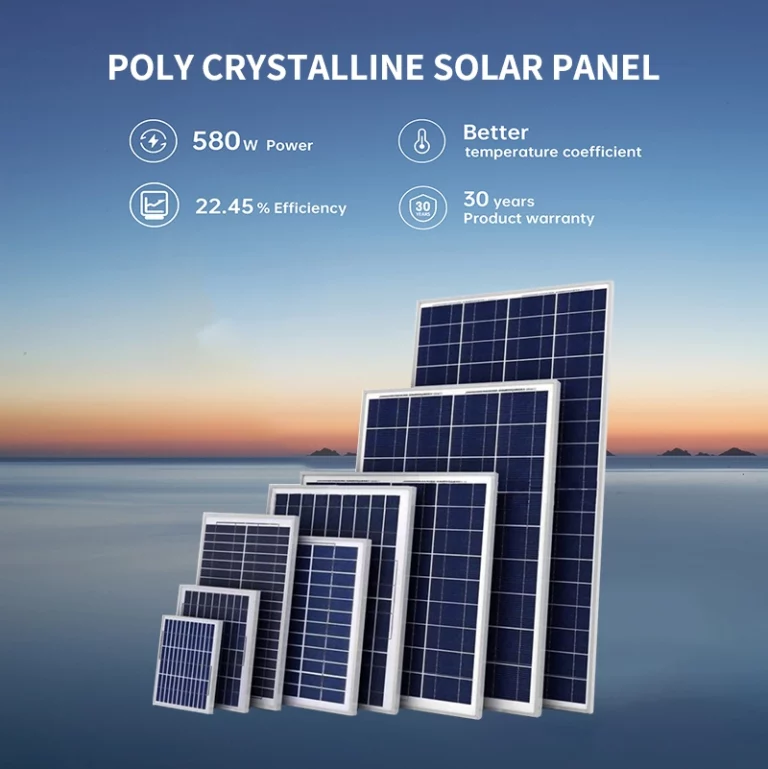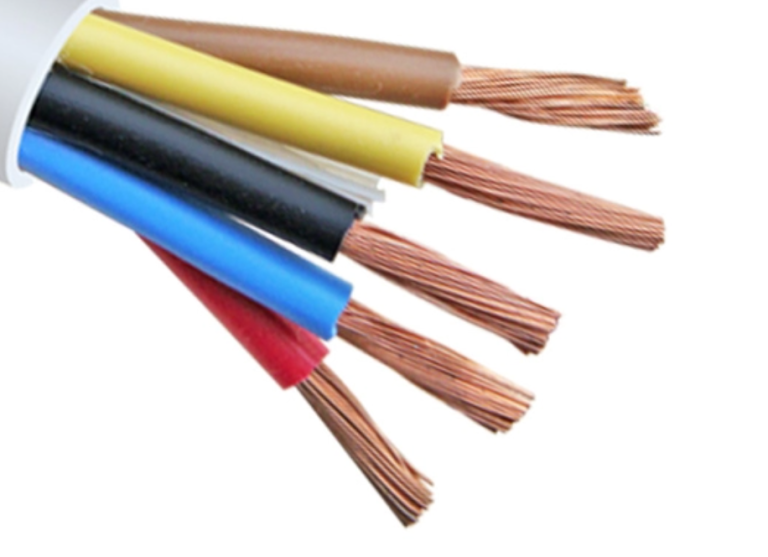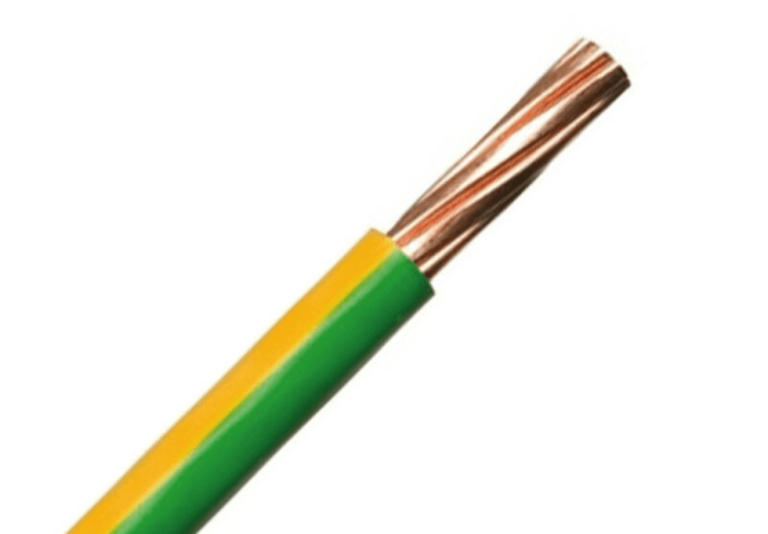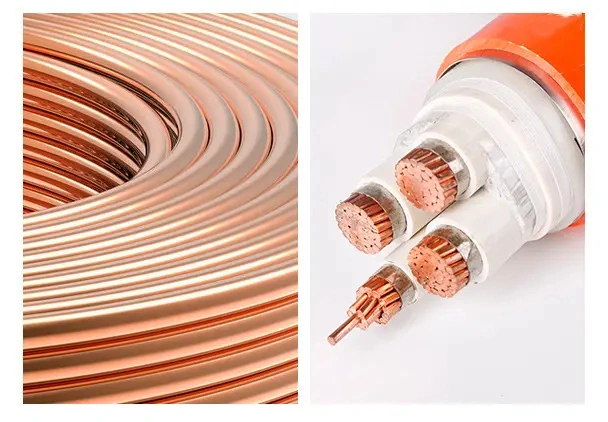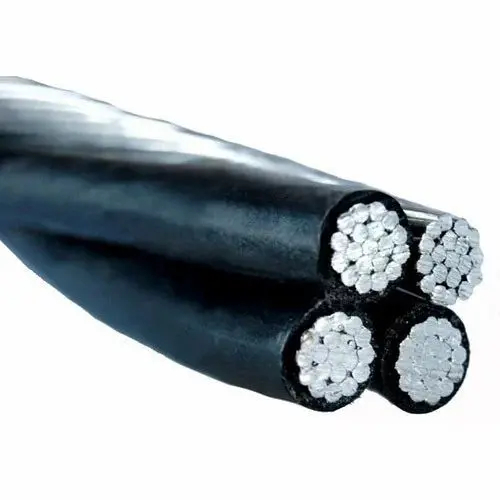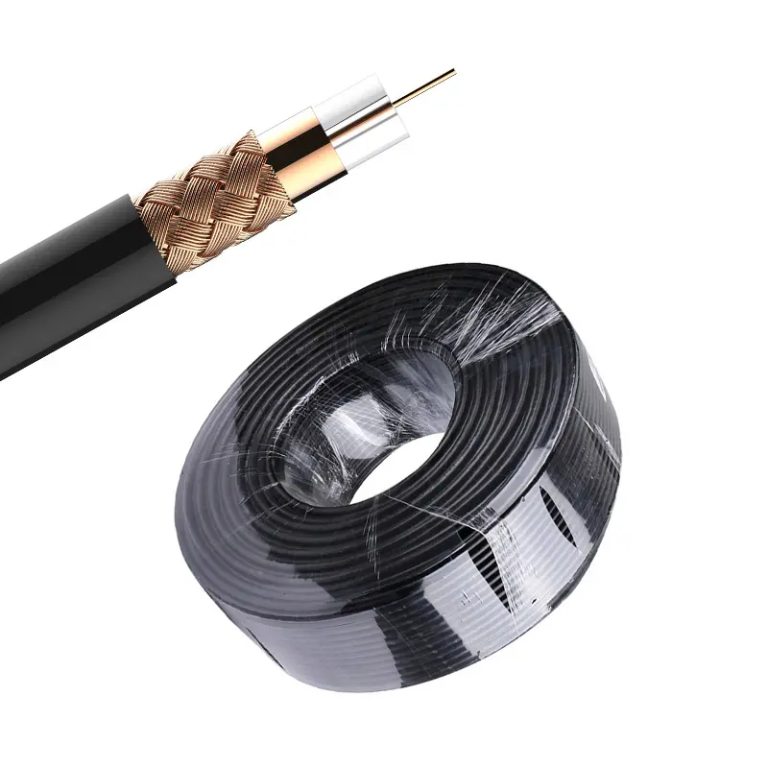目录
Insulated electrical wire: what is it?
Insulated wire and cable are made of a non-conductive substance that prevents the flow of electricity. This shielding layer covers and protects the wire or cable inside, guaranteeing that it can be used for a long time without suffering damage from the environment.
Why utilizing insulated electrical wire is important?
Safety-insulated electrical wire is crucial for keeping a space secure and preventing electric shock in damp environments, such as restrooms and rain.
For Preventing Leakage- Energy transfer to structural elements or other wires results in electrical leakage. Insulated electrical cables prevent leakage by avoiding contact with other wires and other components.
For Prolonged Use- Wiring wouldn’t be durable or functional if it wasn’t insulated. Materials that can survive any weather and last longer are used to create insulated electrical cables.
There are many types of insulated wires on the market today:
Power Cables
Building wires
Communication Cable
Control Cable
Aerial wires
Mineral Insulated Cable
Insulated wires have many advantages and characteristics that make them widely used in different application scenarios:
Electrical Insulation: The main characteristic of insulated wire is its ability to prevent the flow of electricity through the insulation, thereby reducing current leakage and the risk of electric shock.
Abrasion and Compression Resistance: Insulated wires are often abrasion and compression-resistant, allowing them to maintain structural integrity in a variety of environments.
Chemical stability: Insulated wires have strong resistance to chemical substances and can work stably for a long time in environments with corrosive substances.
Moisture and Water Resistant: Some insulated wires are moisture and water-resistant, making them suitable for use in wet or underwater environments.
UV Resistance: For outdoor applications, some insulated wires are UV resistant, which can resist UV damage to the wires.
Versatility: Insulated wires are suitable for a variety of uses, including power transmission, communications, industrial control, medical equipment, and more.
Environmental protection: Some new insulation materials have environmental protection characteristics and meet the requirements of modern environmental awareness.
Customizability: Insulated wire can be customized to meet specific electrical requirements based on the needs of a specific application.
Economical: Insulated wire is generally relatively economical to manufacture and install, providing a cost-effective solution.
These properties make insulated wire an indispensable component in a variety of electrical and communications applications, while also reflecting its superiority in safety, reliability, and flexibility.
1



